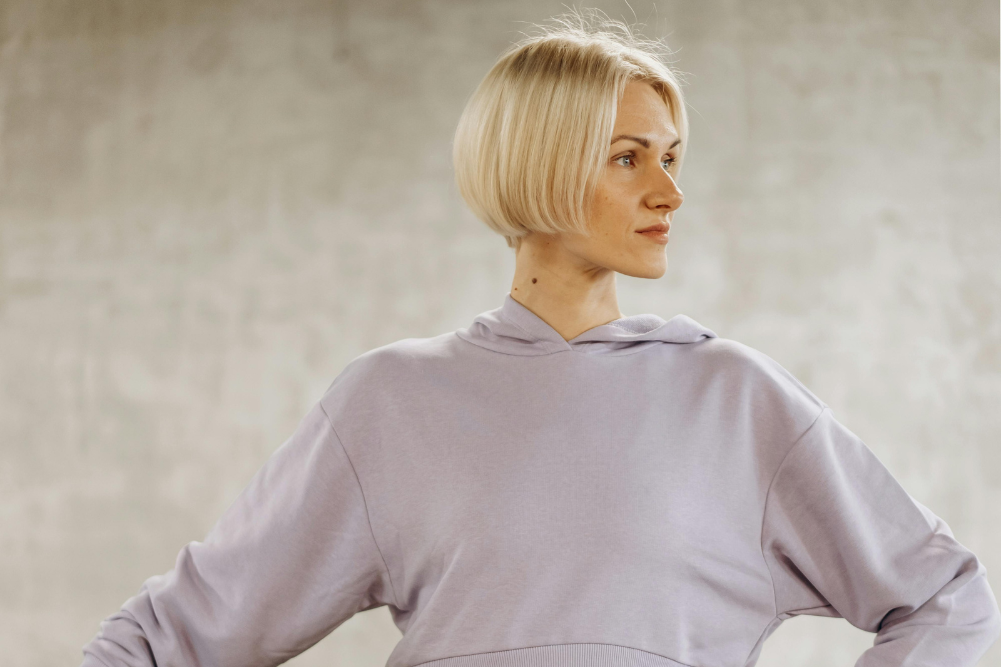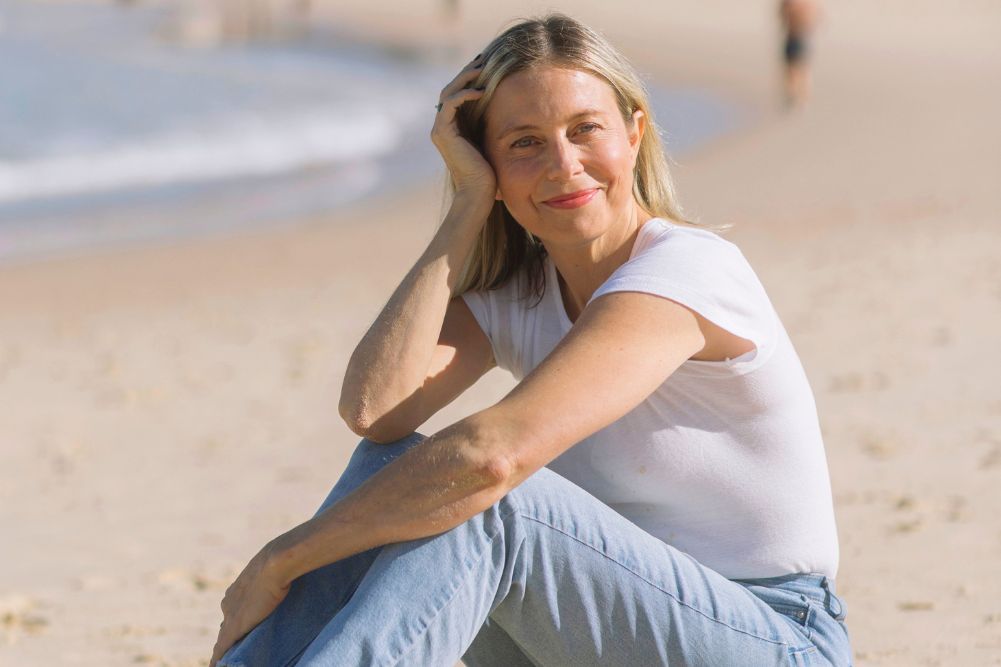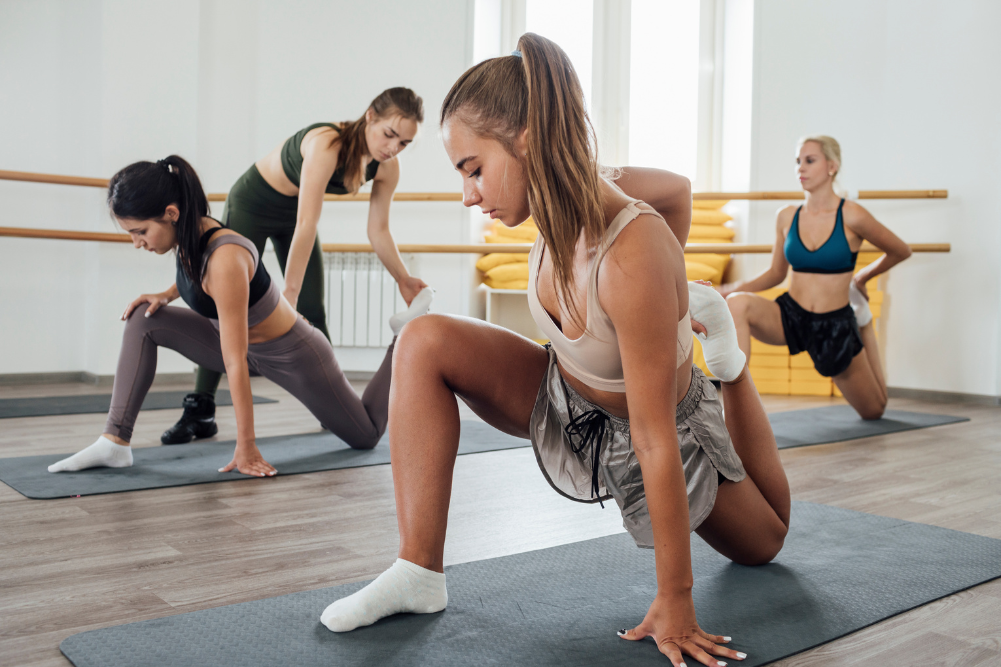Physical exercise improves the chemo side-effects in gastrointestinal cancer
People diagnosed with cancer are given several treatments options. The most common of them is Chemotherapy which is the use of anti-cancer drugs to destroy the cancer cells. But chemotherapy comes with many side effects such as loss of sensation, weakness, exhaustion, infections or severe diarrhoea.
To cope better with the side effects of chemotherapy, scientists from Department of Sports Medicine of Goethe University Frankfurt, carried out a study which showed that exercise as a therapy worked well to complement chemotherapy and had a positive effect on muscles, balance and tumour-related fatigue.
With exercise as a therapy to complement chemotherapy, patients tolerate the therapy better and experience less relapses.
Previous studies have demonstrated this same effect of exercise but these studies examined patents in the early stages of cancer and did not differentiate between various types of tumour.
In this recent study the scientists demonstrated that patients with advanced gastrointestinal cancer can benefit from exercise therapy.
Gastrointestinal cancer is a term used for a group of cancers which affects the digestive system and includes cancers of the oesophagus, gallbladder, liver, pancreas, stomach, small intestine, bowel (large intestine or colon and rectum), and anus.
It is the most common form of cancer. Each year, more than 24,000 Australians are diagnosed with it and 33 Australians die of it each day.
For this study, participants exercised three times a week for 50 minutes or five times week for 30 minutes based on recommendations from the American College of Sports Medicine. They exercised at a pace which was slightly strenuous and if they were unable to manage this then they were allowed to shorten their training sessions based on a standardized model.
Some patients found it difficult to carry out the walking or jogging sessions in accordance with the recommendations. A frequent obstacle was the weather – being either too hot or too cold or too wet. Also the side effects of chemotherapy often caused the patients to reduce or discontinue the program.
Despite of the occasional breaks, the complementary exercise therapy was beneficial for the participants. There was an improvement in muscle mass and functional properties such as walking speed, balance and leg strength. The study also showed the first signs that the toxicity caused by chemotherapy can be reduced by moderate physical activity. This is an important indication because patients with gastrointestinal cancer often have to reduce the dose of chemotherapy or discontinue it altogether due to the severe toxic effect that chemotherapy has on the patients.
The scientists concluded that it is advisable to offer opportunities for physical exercise during chemotherapy and to eliminate the issues caused by weather, the scientists suggest that exercise rooms could be set up in hospitals. In addition, motivating the patients to continue with the exercise program after a break due to the side effects will be greatly beneficial to them.
The simple activity of taking a walk can benefit the mind and the body of cancer patient and also aid in recovery by helping them cope better with the side effects of chemotherapy.
Source: Goethe-Universität Frankfurt am Main








